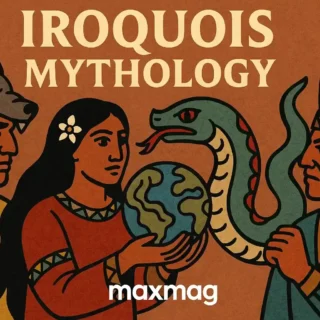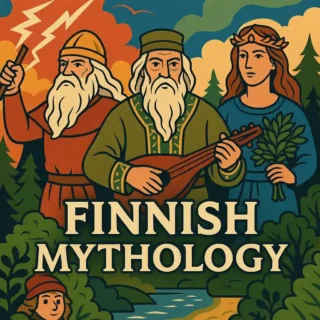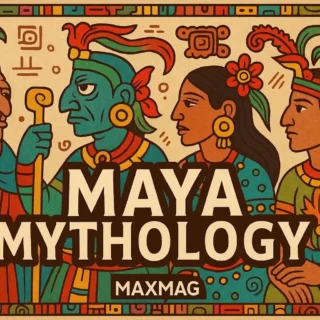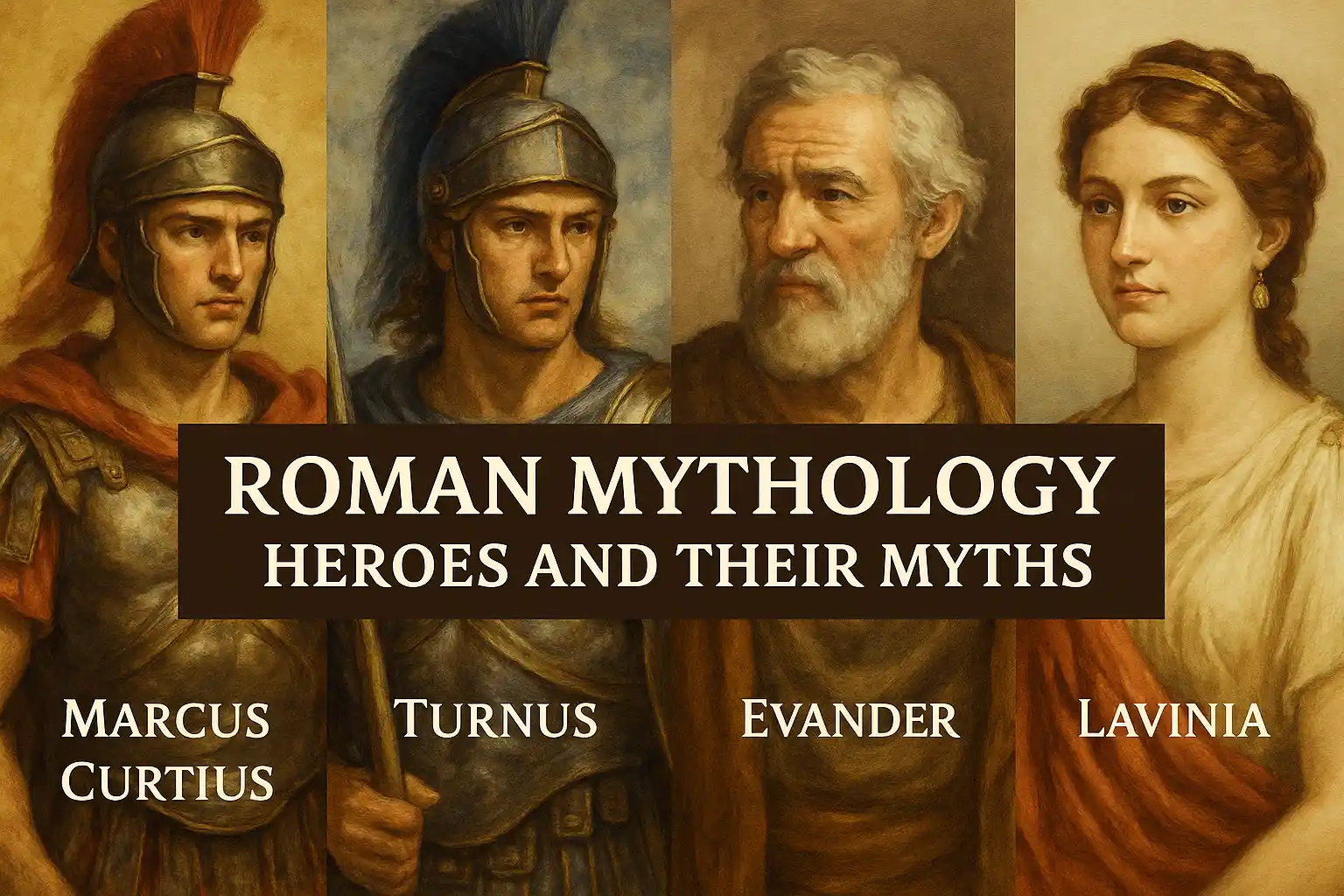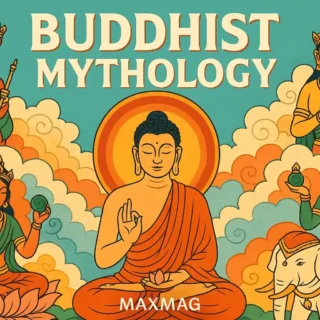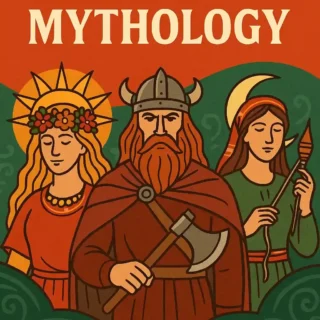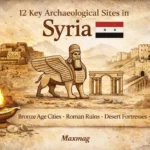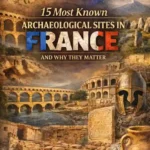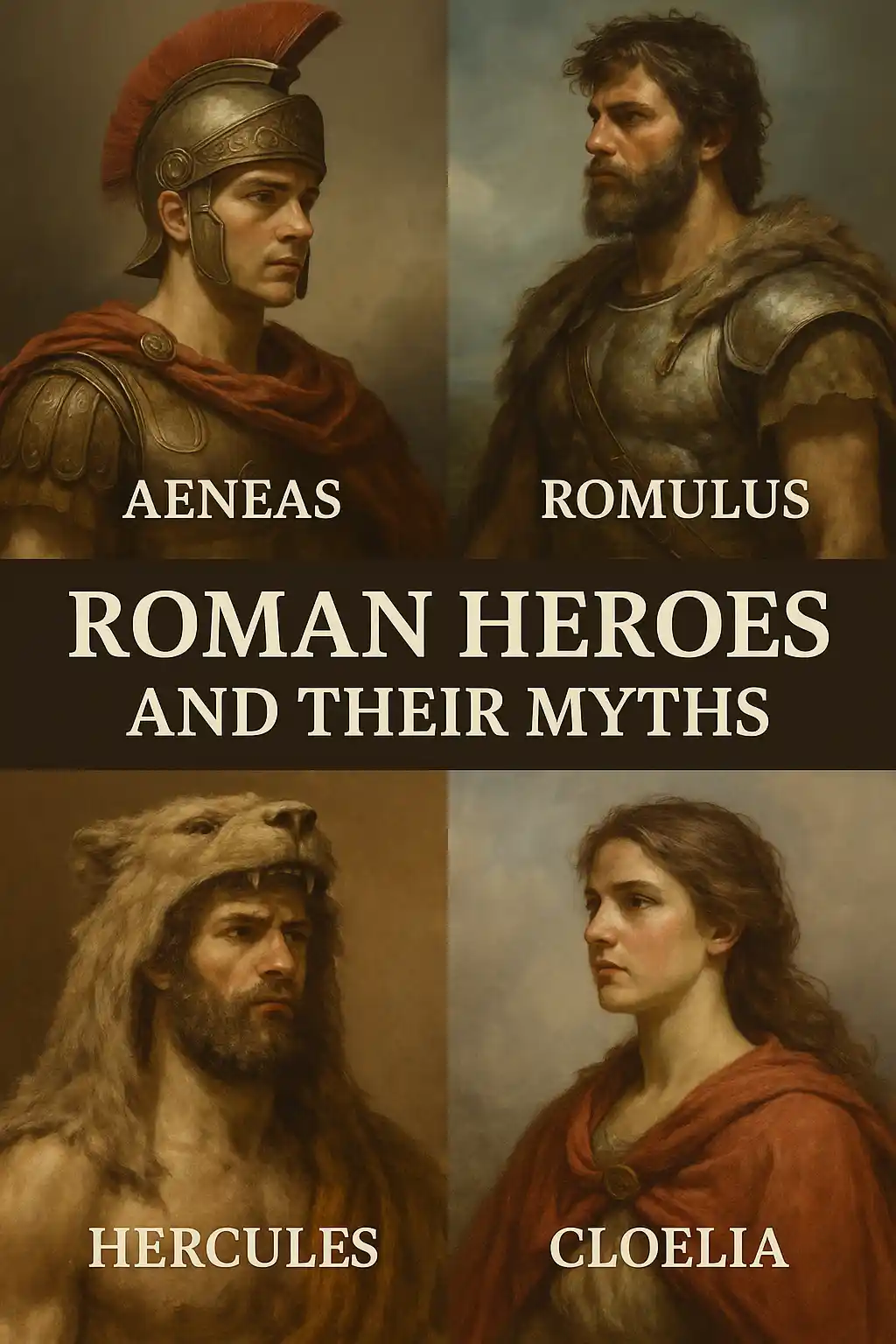
Roman mythology heroes and their myths offer timeless tales filled with bravery, loyalty, divine intervention, and moral lessons that have resonated through centuries. These stories, interwoven with Rome’s cultural identity, showcase virtues such as courage, duty, and sacrifice, deeply valued in Roman society. Exploring Roman mythology heroes and their myths provides not only historical insights but also an understanding of the values that defined ancient Rome and continue to inspire modern thought. These legends are not just myths—they’re moral blueprints that helped shape the Roman worldview.
Roman Mythology Heroes and Their Myths
Aeneas: Founder of Roman Destiny
Aeneas, son of the goddess Venus and the Trojan prince Anchises, is perhaps the most emblematic figure in Roman mythology. After the catastrophic fall of Troy, Aeneas embarked on a journey, guided by fate and divine will, to find a new homeland in Italy. His path was filled with trials: fierce battles, temptations, natural disasters, and the tragic love affair with Queen Dido of Carthage. Ultimately, Aeneas’s unwavering commitment to his divine mission highlights the Roman virtues of duty (pietas) and sacrifice. The Aeneid, written by Virgil, immortalized Aeneas and became essential reading for generations of Romans and Europeans alike. His legacy was considered the very foundation of Roman civilization.
Aeneas was also deeply connected with the idea of lineage. The Julian family, which included Julius Caesar and Augustus, traced their ancestry directly to him. This connection reinforced the divine origin of Roman rulers and justified their authority, further entwining mythology with political power.
Romulus and Remus: Legendary Founders of Rome
The tale of Romulus and Remus begins with divine origins—they were the sons of Mars, god of war, and the mortal Rhea Silvia. Cast adrift as infants and miraculously suckled by a she-wolf, the twins grew up to lead a rebellion that toppled a corrupt king. Their story is one of loyalty, betrayal, and the inevitable tension between power and brotherhood. Their eventual conflict over where to build a new city led Romulus to kill Remus, a brutal act that marked the founding of Rome.
Romulus is credited with many of the city’s early political and military foundations, including the institution of the Roman Senate and the division of citizens into tribes. Through his myth, the Romans found a divine justification for the city’s dominance and an origin story steeped in sacrifice.
Hercules: From Greek Demi-God to Roman Legend
Hercules, or Heracles in Greek mythology, was adopted and adapted by the Romans to fit their own moral and cultural ideals. Known for completing the Twelve Labors, Hercules became the ultimate symbol of strength, endurance, and redemption. His trials included slaying the Nemean Lion, capturing the Golden Hind, and cleaning the Augean stables—each representing metaphorical victories over chaos and sin.
Romans revered Hercules as a protector of merchants and travelers and often built temples in his honor. His mythological presence extended beyond myth and into daily life, with statues, rituals, and festivals celebrating his divine influence. His cult was especially popular among Roman soldiers who admired his feats of physical power and endurance.
Camilla: The Swift-footed Warrior Maiden
Camilla is one of the rare female figures in Roman mythology to be elevated to heroic status. Raised in the wilderness by her father, she became a fierce huntress and warrior. In the Aeneid, she leads troops against Aeneas in defense of her homeland. Her incredible speed and martial skill made her a force to be reckoned with, and her death in battle is one of the poem’s most tragic moments.
Camilla also stands as a cultural symbol of resistance to foreign influence, as she defends her native Italy against Trojan settlers. Her presence challenges traditional gender norms in Roman culture, making her a revered figure for her autonomy and valor.
Cincinnatus: The Farmer Who Became Dictator
Lucius Quinctius Cincinnatus is not a mythical hero in the traditional sense, but his story is legendary. In 458 BCE, when Rome was under threat, Cincinnatus was summoned from his farm to serve as dictator. After swiftly defeating the enemy, he voluntarily relinquished his absolute power and returned to his plow. His example of modesty, patriotism, and responsibility set a precedent for Roman leadership.
Cincinnatus’s legacy lived on through Roman political ideology. He became a role model for Roman citizens and future leaders, symbolizing the balance between duty to the state and personal humility. His story was often invoked during the Republic’s most turbulent times.
Mucius Scaevola: The Man with the Iron Will
Gaius Mucius, later nicknamed Scaevola (“left-handed”), demonstrated extraordinary courage during Rome’s early wars. Attempting to assassinate the Etruscan king Lars Porsena, he mistakenly killed the wrong man. When captured, Mucius proved his resolve by plunging his right hand into a fire and letting it burn without flinching.
This act of supreme self-discipline so impressed Porsena that he released Mucius and negotiated peace with Rome. Mucius’s legend became a cornerstone of Roman identity, particularly in the value placed on unwavering loyalty and mental strength.
Horatius Cocles: The Bridge Defender
Horatius Cocles is remembered for his epic defense of the Pons Sublicius, the bridge leading into Rome. When the Etruscans attacked, he stood his ground while his fellow Romans destroyed the bridge behind him. His stand held off the enemy long enough to protect the city. Afterward, he is said to have leapt into the river and swam back to safety.
His tale was often dramatized in Roman literature and art, a story of the ultimate personal sacrifice for the collective safety of the republic. The bridge he defended, the Pons Sublicius, became a powerful patriotic symbol for Roman citizens.
Cloelia: Bravery in the Face of Captivity
Among Roman mythology heroes and their myths, Cloelia stands out as a woman whose bravery rivaled any male warrior’s. As a hostage to Lars Porsena, she led a group of fellow hostages—many of them children—across the Tiber River under a hail of arrows. Her courage led Porsena not to retaliate but to honor her with freedom and a statue in Rome.
The statue of Cloelia on horseback was one of the few public honors granted to women in ancient Rome, a testament to her heroism. Her story reinforced the Roman ideal that bravery and honor were not limited by gender.
Marcus Curtius: The Selfless Warrior
When a mysterious chasm opened in the Roman Forum, soothsayers claimed it would close only when Rome’s most valuable possession was sacrificed. Marcus Curtius, a young knight, concluded that nothing was more valuable than Roman courage. He rode his horse into the pit, sacrificing himself for the city.
Curtius’s monument stood as a reminder of the ultimate form of devotion to one’s country: life itself. His act was commemorated in speeches, moral instruction, and even currency.
Turnus: The Tragic Foe of Aeneas
Turnus, the valiant leader of the Rutuli, is the principal rival of Aeneas in the Aeneid. Though painted as an antagonist, Turnus’s bravery, pride, and sense of justice make him a tragic figure. His resistance against the Trojan newcomers represents native resistance to foreign domination.
Virgil’s portrayal of Turnus complicates the narrative of good versus evil. His death is a somber moment in the Aeneid, inviting reflection on the cost of progress and the nature of heroism.
Evander: The Cultural Bridge
Evander, a Greek exile who settled in Italy, is another hero featured in the Aeneid. He founded Pallantium, a city that eventually merged into Rome. He introduced Greek customs, religious rites, and alphabetic script to the local Latins.
Evander’s alliance with Aeneas forged bonds between old and new worlds, emphasizing Roman adaptability and diplomatic wisdom. His role is often seen as symbolic of Rome’s embrace of foreign knowledge while maintaining native strength.
Lavinia: The Silent Pillar of Empire
Lavinia, the daughter of King Latinus, plays a silent but pivotal role in Roman mythology. Promised to Turnus but fated to marry Aeneas, her marriage symbolizes the unification of the Trojan newcomers and the native Latins.
Though voiceless in much of the Aeneid, Lavinia’s presence is potent. Later Roman authors expanded her narrative, portraying her as wise and politically astute. She became a foundational matriarch of Roman lineage.
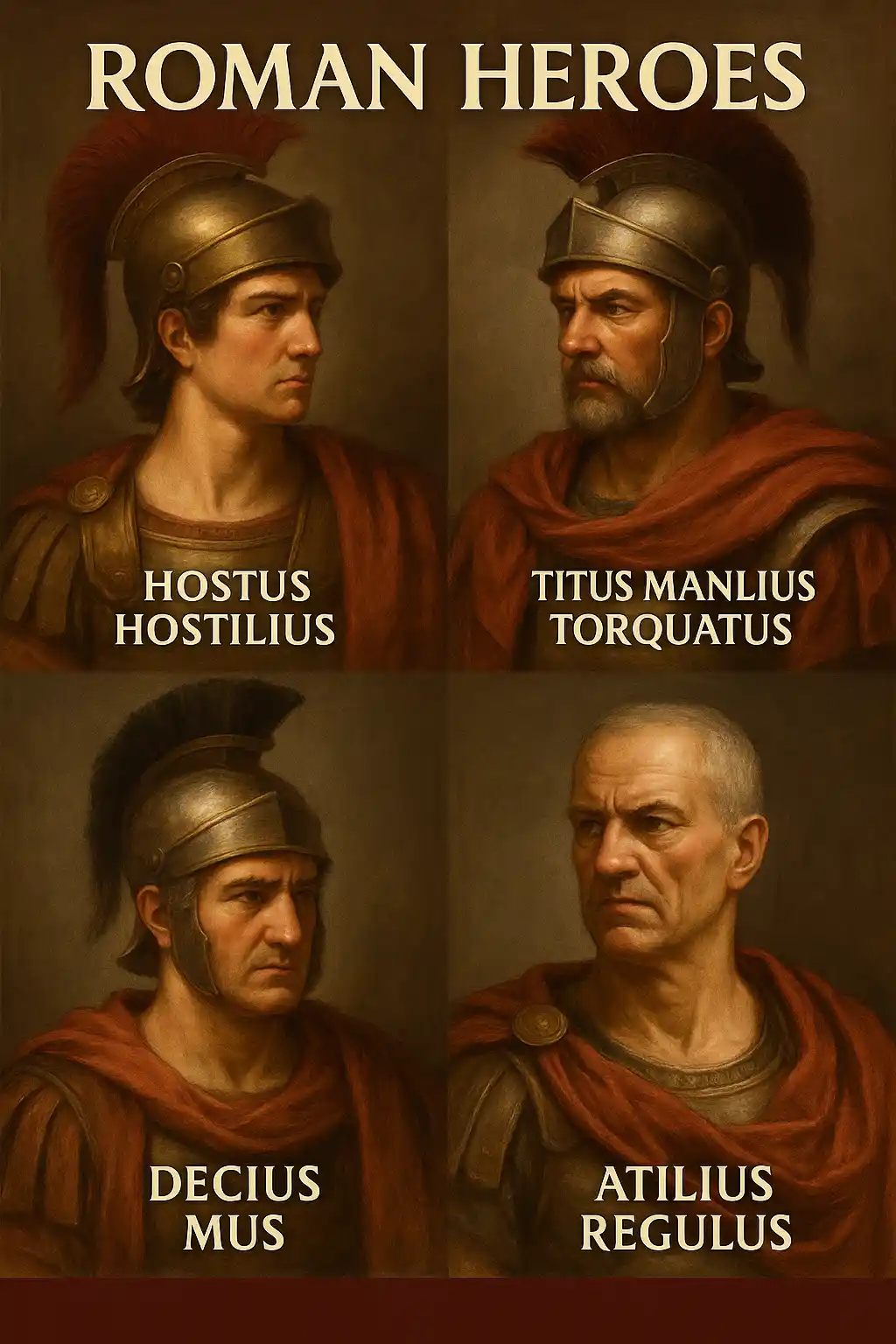
Hostus Hostilius: Valor at the City’s Foundation
Hostus Hostilius, the grandfather of Tullus Hostilius, was one of Rome’s earliest warriors. He died in battle defending Rome during its early struggles with neighboring tribes. His bravery in defense of Roman sovereignty made him an exemplar of martial valor.
Though little is known about him, Hostus’s lineage ensured that his name endured. His grandson would become Rome’s third king, continuing the family legacy of bravery and leadership.
Titus Manlius Torquatus: Discipline Over Emotion
Titus Manlius was a Roman consul and general famed for his strict discipline. His most infamous act was executing his own son for disobeying a direct order in battle—even though the son had won a duel. This harsh decision was upheld by the Roman Senate as a reflection of the state’s need for order over personal feeling.
His legacy became a byword for Roman stoicism, echoed in political debates and military codes for centuries to come.
Decius Mus: The Martyr General
Publius Decius Mus, a Roman consul, famously sacrificed himself during the Battle of Vesuvius by performing a ritual known as devotio, pledging his life to the gods of the underworld in exchange for Roman victory. Charging into enemy lines, he was slain, but the Romans won the day.
The act of devotio embodied the Roman ideal that the individual must be willing to perish for the sake of the state. His son and grandson would later repeat similar acts, making the Decius family synonymous with heroic self-sacrifice.
Atilius Regulus: Tortured but Unyielding
Marcus Atilius Regulus was a Roman general captured by the Carthaginians during the First Punic War. Sent to Rome to negotiate peace, he advised the Senate to reject the terms, knowing he would be returned and likely executed. True to his word, he went back to Carthage, where he was tortured to death.
Regulus’s story became one of Rome’s most cited examples of honor and loyalty, influencing Roman concepts of duty and patriotism.
Influence Beyond Myth
The heroes of Roman mythology deeply influenced Roman political ideology and civic education. Their stories were integrated into art, coinage, festivals, and speeches. Even the architecture of Rome echoed these values—triumphal arches, public statues, and temples were visual reminders of these legends. Later European thinkers and writers adopted these figures as moral archetypes, embedding Roman myth into the Western cultural canon.
Modern Reflections on Ancient Heroism
Today, the myths of Roman heroes are still studied for their rich symbolism and ethical questions. What does it mean to sacrifice for the common good? When does fate override free will? These themes remain relevant, echoing through literature, film, and political thought. From Shakespeare’s use of Roman heroes in his tragedies to modern military and civic honors, the legacy of Roman mythology continues to shape contemporary ideals of heroism.

